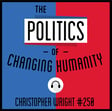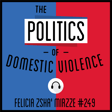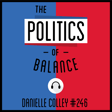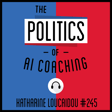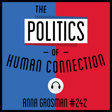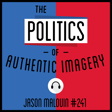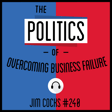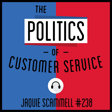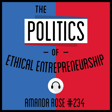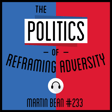
226: The Politics of Child Sexual Abuse - Kristi McVee
Before we start this episode talks about a topic that may be upsetting and affect some listeners so please bear that in mind before you tune in
Kristi McVee is a passionate advocate for child safety and the prevention of child sexual abuse, dedicating over a decade of her life to this critical cause through her career as a police officer, detective and specialist child interviewer. As the author of "Operation KidSafe - A Detective's Guide to Child Abuse Prevention," Kristi has empowered countless parents and caregivers with the knowledge and practical strategies needed to protect children from sexual abuse and harm. With a deep commitment to safeguarding the well-being of children, Kristi has emerged as a recognized authority in the field of child protection. Her journey began with a personal mission to create a safer world for kids, and it has evolved into a significant influence on the lives of families and communities.
We discuss:
1. What is the biggest myth around child safety and abuse in your experience and why?
2. Stats how that 1 in 3 girls, 1 in 5 boys and 28.5% of all Australian adults have been a victim of child sexual abuse with 90% abused by someone known to them and 47% by a direct familial relative such as a male parent, caregiver, sibling or relative. 45% of all CSA is by another child (source www.acms.au) – are we making any dent in this?
3. It seems in 2024 child abuse was something rarely talked about until the past decade or two, a taboo almost like domestic violence in homes. Are the numbers on child sexual abuse higher because they are more accurately and readily reported or something else?
4. How do you start educating parents and carers on this very difficult topic of child sexual abuse?
5. What role can we play in the rise of online grooming on our kids’ devices and even say online games?
6. Takeaway: What is your final message on The Politics of Child Sexual Abuse?
Connect further:
POE listener offer:
Zencastr is my podcast platform of choice. Use my special link (zen.ai/thepoliticsofeverything30) and use code “THEPOLITICSOFEVERYTHING” to save 30% off your first three months of Zencastr professional. #madeonzencastr

